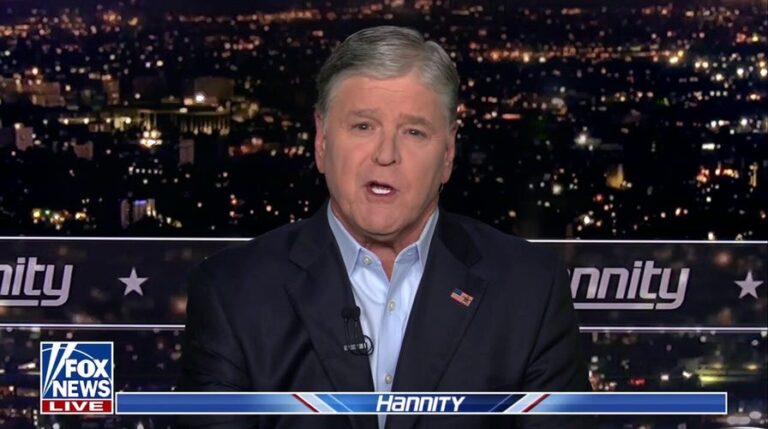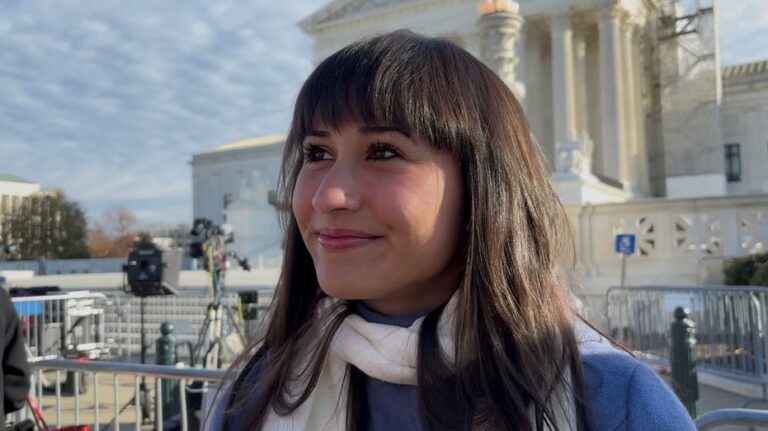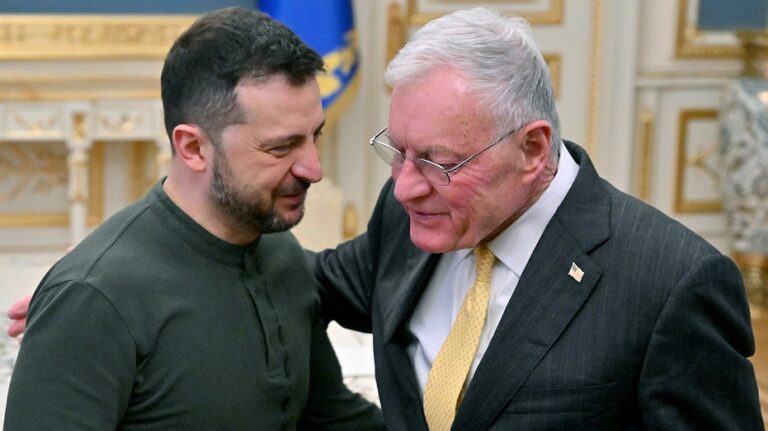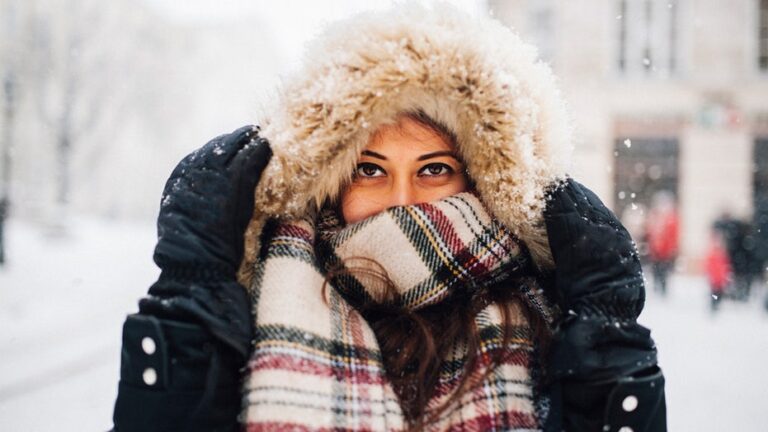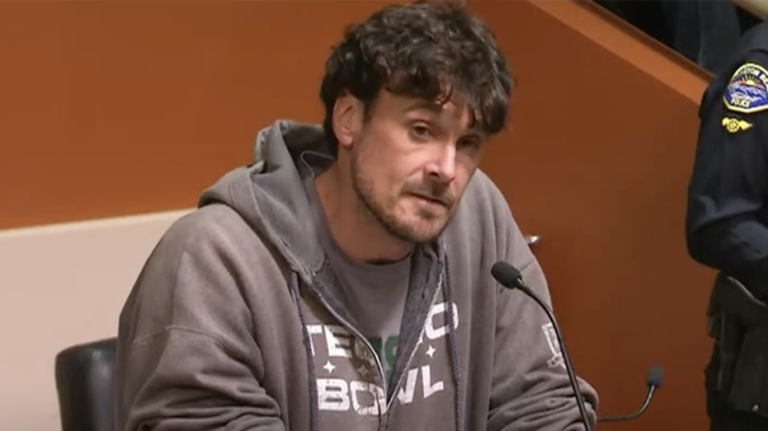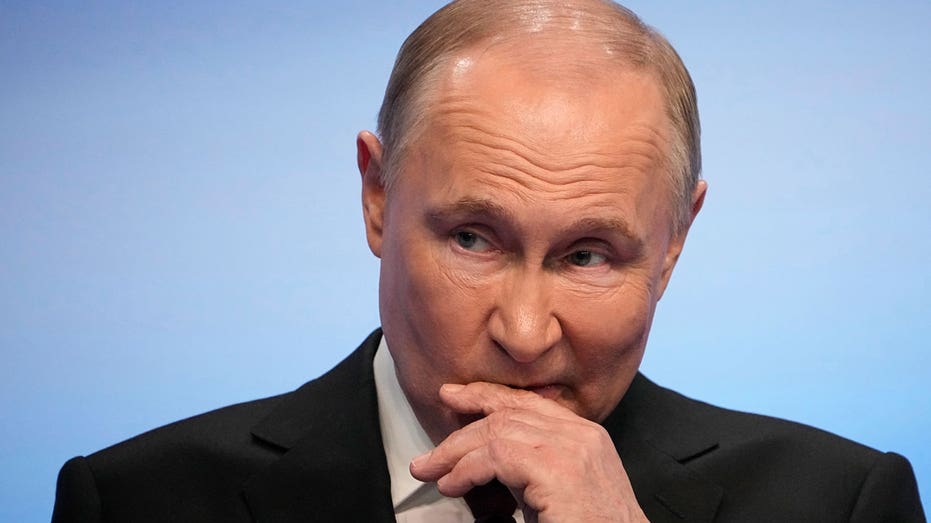
Russian President Vladimir turned 72 this week and is now focusing on his legacy including the war in Ukraine, who his successor will be, and his family’s future.
“Angel’s Golden Crown to our President. God save the Czar!” declared in a Telegram post by ultra-nationalist Russian philosopher Aleksandr Dugin in his congratulatory message to Russian President Vladimir Putin who turned 72 last week.
Dugin is the founder of neo-Eurasianism, a Russian Imperialist ideology, which underpins Putin’s anti-Western worldview. In his message, Dugin used an adapted version of an old Church Slavonic birthday greeting — “Golden Crown to your Angel Savior and good health to you” — to congratulate the Russian strongman. The right-wing ideologue, who is sometimes referred to as Putin’s brain, was wishing the golden crown that’s meant for the angel, for Putin himself.
Many in the West have been trying to get inside the Russian dictator’s mindset. Here are the top five things that probably figure prominently on Putin’s mind today.
It is not a coincidence that Dugin invoked Putin’s saintly status in his birthday greeting. Putin has been cultivating a spiritual fatherly persona since he came to power almost a quarter of a century ago. He wants to leave the legacy of a modern Czar Vladimir who resurrected Russia as a sovereign superpower in a “multipolar” world where its chief arch-rival, the United States, is no longer the dominant player.
5 REASONS WHY ZELENSKYY’S VICTORY PLAN FOR UKRAINE IS A NO-WIN GAMBLE
When he assumed the reigns of Russia in 1999, Putin skillfully tapped into the psyche of the Russian people who were longing for spirituality, having lived for seventy years under Soviet Communist rule where religion was outlawed. Putin brought back the sense of imperial exceptionalism and a unique, divinely inspired Russian civilization, neither Eastern nor Western. This sentiment had been passed down through generations in Russia but significantly diminished in the aftermath of the USSR’s collapse and the loss of the Cold War.
Putin did this by reviving the Russian Orthodox Church, which was decimated during Soviet times, and by making Christianity the de facto official religion of the state. The Russian people, who suffered a crushing identity crisis after the demise of the USSR, embraced Putin’s call to reclaim Mother Russia’s rightful place in the world.
Many Russians fell in love with Putin, having voted for him multiple times. After all, he restored internal stability, reversed the economic crisis, and punished the “oligarchs,” business-savvy individuals, who had legally seized government assets during Russia’s transition from central planning to a market-based economy.
Up until two years ago, when Russia invaded Ukraine, everything was going according to plan. Putin’s legacy was solid, from the perspective of an ordinary Russian. His presidency was secure virtually through 2036.
Today, Putin has a problem. If he were to die or resign now, his legacy would likely suffer even among many Russians. What his countrymen will remember is the brutal war devastating Ukraine. The war claimed a total of one million people, Russians and Ukrainians combined, as dead or gravely wounded. The idea of brother Slavic peoples, Russians and Ukrainians, killing each other for two and a half years with no end in sight goes counter even to Putin’s own vision of integration of the Slavic and Eurasian people.
Russian military aged men and their families will remember living in fear of being sent to the front lines in Ukraine. Putin is keeping Russia in a constant state of mobilization, declared or covert, as he is replenishing the troops for a protracted war. In September, Putin ordered, by decree, a third, since the beginning of the war adding 180,000 troops.
PUTIN’S IRAN-ISRAEL DILEMMA AMID GROWING FEARS OF REGIONAL WAR: ‘COMPLEX CONSIDERATIONS’
The Russians, who love to vacation and do business in New York, Miami, London and Paris, will remember for a long time not being welcome anywhere in the West.
An authoritarian, Putin has always prioritized his security and survivability. Paranoid about sensitive information about his health falling into the hands of foreign intelligence services, Putin brings a special detail on trips outside the country. These personnel collect Putin’s excrement into a specially designed case and take it back to Russia for disposal.
Now that many in the West wish him dead, in light of unconscionable atrocities that the Ukrainians have been subjected to during this war, Putin’s fear for his safety has reached a new level. Since the invasion, whenever possible, Putin prefers to travel by armored train, instead of the presidential aircraft. The train travels at maximum speed with no stops. Its departure and arrival times are secret. Unlike aircraft whose flight path has to be documented in advance, the train schedule doesn’t have to be announced, and its movements cannot be tracked by other services. When Putin has to travel by air, his presidential airplane flies without a flight plan and with its transponders turned off, to keep the position and direction of the aircraft untrackable in real time.
How to finish what he started while avoiding a nuclear war. Putin underestimated the level of push-back Russia would get from Ukraine and the level of support Kyiv has received from the U.S. and Europe to stay in the fight. Having switched his strategy from the failed blitzkrieg to the war of attrition, Putin has positioned Russia for victory. But despite the overwhelming advantage that Russia holds over Ukraine in combat potential – weapons, troops, defense economics and military-industrial production capacity – it would take Russia at minimum another year to win or to compel Kyiv to abandon the fight.
Putin has convinced many Western analysts that he is playing for time. And at least theoretically, the Russians do have the resources and likely the will to fight till the last Ukrainian. Outlasting and outsuffering the enemy is how Russia fights and wins wars.
But the longer the war lasts, the higher the risk of Putin feeling compelled to use nuclear weapons to de-escalate or end the war. This is because Zelenskyy has proven resilient, persistent, and skillful at securing additional U.S. and Western military hardware even as their own weapons arsenals are rapidly depleting. So far, President Biden has resisted authorizing Ukraine to use U.S. long-range missiles to strike deep into Russia. But a lot can happen in a year. There’s no guarantee, in Putin’s mind, that a President Harris, whom Russian intelligence has assessed as incompetent and unintelligent, wouldn’t give Zelenskyy the green light.
CLICK HERE TO GET THE OPINION NEWSLETTER
A President Trump is even more of a threat to Russia, in Putin’s thinking. A skilled negotiator, Trump could threaten Putin, privately, with the deployment of U.S. troops into the theater to assist Ukraine and with giving Zelenskyy permission that Biden hasn’t. And Putin wouldn’t know whether Trump, whom Russian spy services have assessed as “unpredictable” is serious or bluffing – not many people realize that although he never disparaged Putin publicly, Trump took several policy actions, undermining Russia’s military strategy and Putin’s plans. Putin understands this.
Last month, Putin updated Russia’s nuclear doctrine to make it even easier to use nuclear weapons during the current conflict. Wargaming conducted by our intelligence community confirmed that Putin would highly likely launch tactical nuclear strikes in a conflict on Russia’s periphery, in certain scenarios – precisely why Biden has abstained from testing Putin’s will.
In reality, however, resorting to what the West considers “unthinkable” is not a simple decision for Putin. What Putin cannot predict is how someone like Trump would respond to his crossing the nuclear threshold. Because of the U.S./NATO conventional superiority over Russia, if the U.S. gets directly involved on the battlefield in Ukraine, Putin cannot win such a war. That is without using strategic nuclear forces and weapons, much more powerful than tactical or crippling cyber attacks on the U.S. homeland.
Both scenarios would lead to World War III, which would be catastrophic and unwinnable for anyone. Putin does not want to face such a decision. But as long as the war continues, he feels he may have to.
Putin believes he is the best person to rule Russia and guarantee its future as a great power (derzhava), destined by divine providence for leadership in the world, particularly in Eurasia. At 72, Putin has outlived the average Russian male, for whom life expectancy is 67.57 based on 2022 statistics. A life-long athlete who doesn’t smoke and doesn’t abuse alcohol, Putin is in excellent health. Nevertheless, as a rational person, thoughts of his mortality and consequently succession likely have crossed his mind.
There’s no obvious successor to replace Putin at this time. Under the Russian system, successors are handpicked but not till the current leader is ready to leave, to avoid the perception of a weak regime. And then elections follow as a pro forma process. It’s how former Russian President Boris Yeltsin selected Putin to replace him in 1999.
Another thing that Russian rulers do is ensure that their family members are not held accountable for their crimes and misdeeds. Yeltsin, prior to relinquishing his reigns of Russia to Putin made a deal with the KGB operative. One of the very first actions that acting President Vladimir Putin took was to issue a decree granting immunity to Yeltsin and members of his family from prosecution for corruption. The Decree guaranteed that Mr Yeltsin would be immune from “prosecution, arrest, bodily search and interrogation”. And this immunity covered his “place of residence, his offices if he continues to work, his vehicles, his means of communication, his baggage and his correspondence”. Putin kept his word.
Putin has two adult daughters from his first marriage, Maria and Yekaterina, both in their late 30s, and is assessed to have two secret children from his much younger long-time girlfriend, former gymnast Alina Kabaeva. Ivan Putin (born in 2015) and Vladimir Putin Jr. (born in 2019) live with their mother in Putin’s Valdai residence, northwest of Moscow, and are guarded by the Federal Guard Service (FSO), a rough equivalent of our Secret Service.
Putin, who has an outstanding arrest warrant from the International Criminal Court, no doubt wants to ensure that his offspring aren’t held accountable for his crimes. And that was also likely on his mind, as he was ringing in his 72nd birthday.
